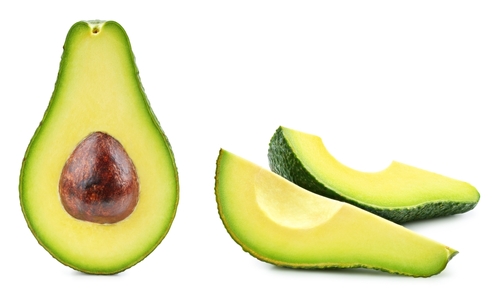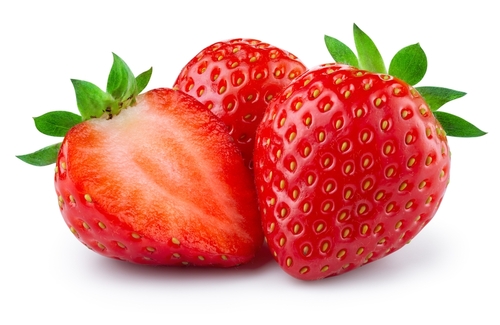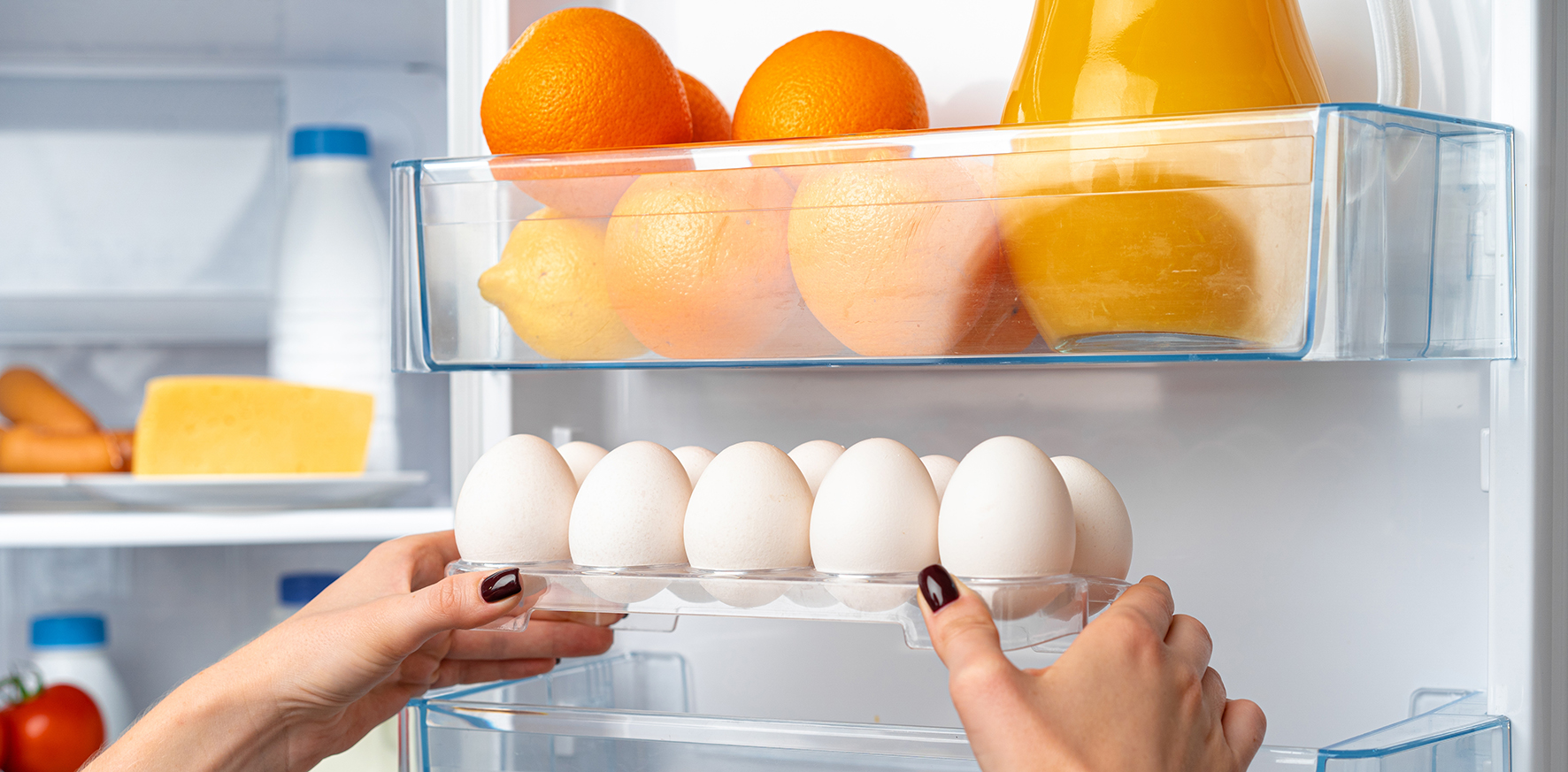As 1.3 billion tonnes of food are wasted globally each year1, Wren Kitchens has looked at the most searched for food storage queries to help Brits elongate the use by date of their commonly eaten foods and minimise bacteria growth, contamination and food waste.
According to the data, people are mostly confused over where to store essentials, such as eggs, honey, ginger and avocadoes. Wren Kitchens have spoken to food hygiene experts at Electronic Temperature Instruments (ETI) and Navitas Safety to settle the debate and encourage safe storage.
Darren Watts, Showroom Design Director, also gives his tips for kitchen storage organisation, leaving you with a tidy and safe pantry.
Eggs
Jason Webb, managing director of Electronic Temperature Instruments (ETI), commented on how many people are storing their eggs incorrectly in their fridge doors leading to potential health risks and wastage.

“Eggs are recommended to be stored within fridges at around four degrees Celsius to remain fresh and safe to consume. However, by storing eggs within frequently opened and closed fridge door storage trays, it can lead to a fluctuation and rise in temperature, accelerating egg spoilage.
With this constant temperature disruption, eggs will rise in temperature away from the optimum four degrees Celsius, and if continuous, it can pose the risk of bacteria such as salmonella,” he adds.
Avocadoes
Kirstie Jones, Head of Client Services and Environmental Health Expert at Navitas Safety, explains that correct storage of avocadoes depends on how ripe they are.
“Avocadoes are typically best when the skin is slightly dark, and it gives way to light pressure. If you’re trying to ripen them, keep them together in a bag, container or even in a fruit bowl at room temperature. Storing them with other fruits, such as bananas, speeds up the ripening process.

If you’re trying to make them last a little longer, it’s best to keep them in a warmer part of the fridge: not the quick chill draw. If the temperatures are too cold, the quality of the avocado can deteriorate.
If you need to store half an avocado, keep it covered in the fridge and consume in a day or two,” explains Kirstie.
Honey
Kirstie recommends to always follow manufacturer’s instructions, which can be found on the bottle, “Some manufacturers recommend keeping open bottles of honey in the fridge. However, in colder temperatures, such as in the fridge, pure honey may crystalise.
If this happens, allow it to sit at room temperature for a while or run the bottle under warm water. Also, never expose honey to excessive heat and or sunlight as this can impact quality.”
Ginger
As peeled or chopped ginger is exposed to oxygen, the shelf life will reduce, according to Kirstie.
“It’s important to store prepared ginger in sealed containers in the fridge, which should make it last for about 3 weeks if not longer. Whole or peeled ginger can also be stored in the freezer but ensure its tightly wrapped and or stored in a sealed container to prevent freezer burn. This is where food quality is damaged through dehydration and oxidisation when not wrapped properly.”
Strawberries
A staple in many of our fridges, strawberries always taste the best when they have been stored at ambient temperatures, according to food hygiene experts, but they will deteriorate quickly, especially in warm weather.

Kirstie advises, “Colder temperatures will always help keep food fresher for longer, so it’s best to keep them whole and in the fridge. If sliced, keep the strawberries in an airtight container and consume in 2 days.”
Onions
A cupboard classic, but one that leaves many unsure of where to store them, Kirstie says that whole onions can be safely stored in cool and dark places, but that the key is to have some air flow and to avoid moisture, warmth and light if storing for an extended period.
“If peeled and halved, these should be kept in the fridge and in a sealed container, and they should last about a week,” she adds.
For a perfect pantry, Darren Watts at Wren Kitchens, advises on effective storage to avoid cross contamination and organised drawers and fridges: “Categorise your produce and place into separate boxes to ensure for no cross contamination and easy access. This is a great storage solution for those with busy family or work lives, who want an efficient food storage solution.
Another tip is to always label and replace your food. When leading a busy life, it is easy to forget when items were bought, and which may be past their sell by date. Labelling foods will ensure for a clean and bacteria free zone.
It’s also recommended to have both a pantry and a larder for different foods. This doesn’t need to be complex or expensive, but simply dedicating certain storage areas for specific foods will help to keep food fresh for longer. For example, store foods that need a cooler environment in the larder, such as onions, and a pantry can store other provisions, such as cereals and spices.”
For further storage solutions, visit: https://www.wrenkitchens.com/kitchen-design/storage-ideas





